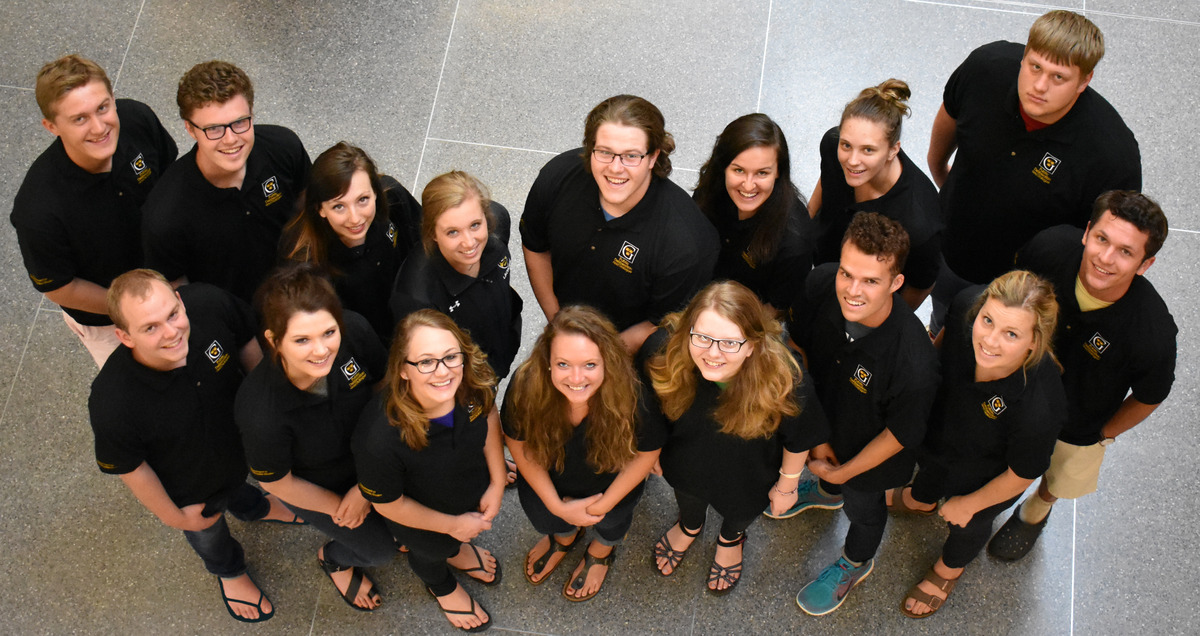Public DeliberationCOM 270
Public Deliberation is a 200-level, undergraduate course with an average class size is 15-20 students. The course is primarily discussion based, is held for four hours per week, and emphasizes small group work.
Course Description
This course examines democratic deliberation theory and tests it in a local, civic context. Students firstenact and critique deliberation theory and models by participating in class dialogues and deliberations. They further bring theory into practice by designing and facilitating a public deliberation in the community. Working with a community partner, they identify a pressing question or problem that requires public discussion. They research models for deliberation in order to develop a structure that will best fit the particular question and community context. Students participate in two community events that are scheduled outside of the regular class time (determined in collaboration with the community partner). They host, facilitate, and document the community deliberations and provide a report and recommendations to the community partner.
The course requires students to understand the principles and challenges of deliberation as well as to learn skills for designing, facilitating, and documenting public conversations. The project supports both student learning and the local community’s civic objectives.
Student Learning Outcomes
-
Evaluate deliberation theory and models.
-
Design, facilitate, and synthesize public conversations.
-
Research community issues, including conducting interviews with citizens.
-
Collaborate in small teams to produce public documents.
-
Understand the role and value of deliberation in a democracy.
Assignments
Assessment
The course is assessed through rubrics within the above assignments.
Additional Documentation
